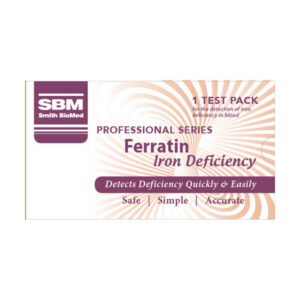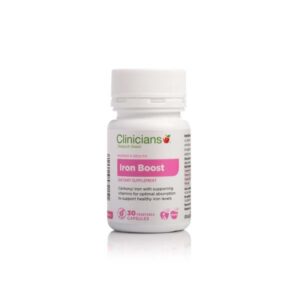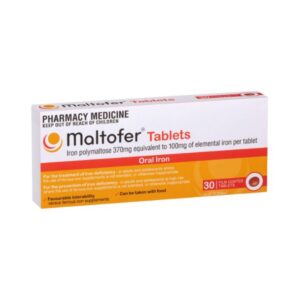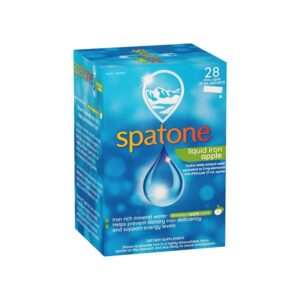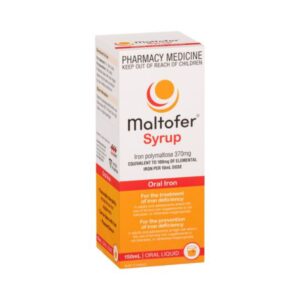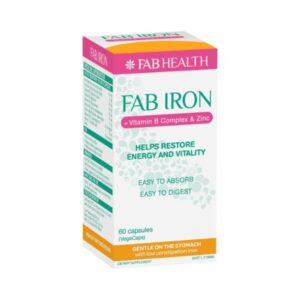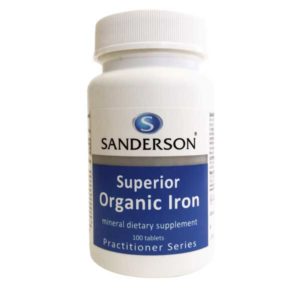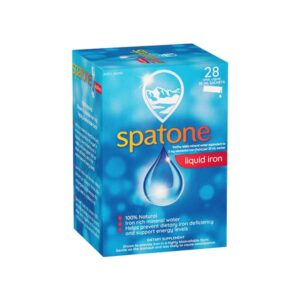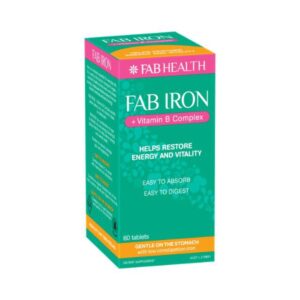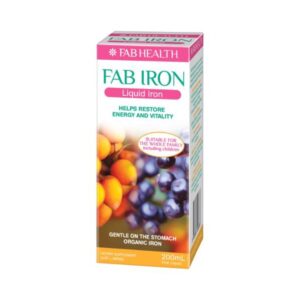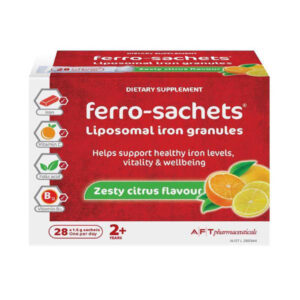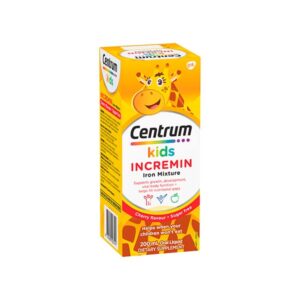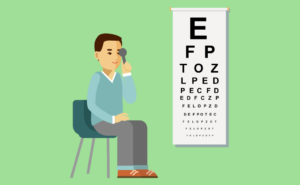
- 0508 966 622
- help@zoompharmacy.co.nz
- Mon - Fri: 8:30 - 16:00
If your body has low iron levels you may feel fatigued, weak, tired, suffering from headaches and unable to focus. Globally, iron deficiency is the most common nutrient deficiency, and even if you eat plenty of red meat you may still have it. If your iron levels get low enough you may even develop iron deficiency anaemia, a sometimes-severe condition. In this article we will look at the symptoms, causes, risks, diagnosis, and treatment of iron deficiency anaemia.
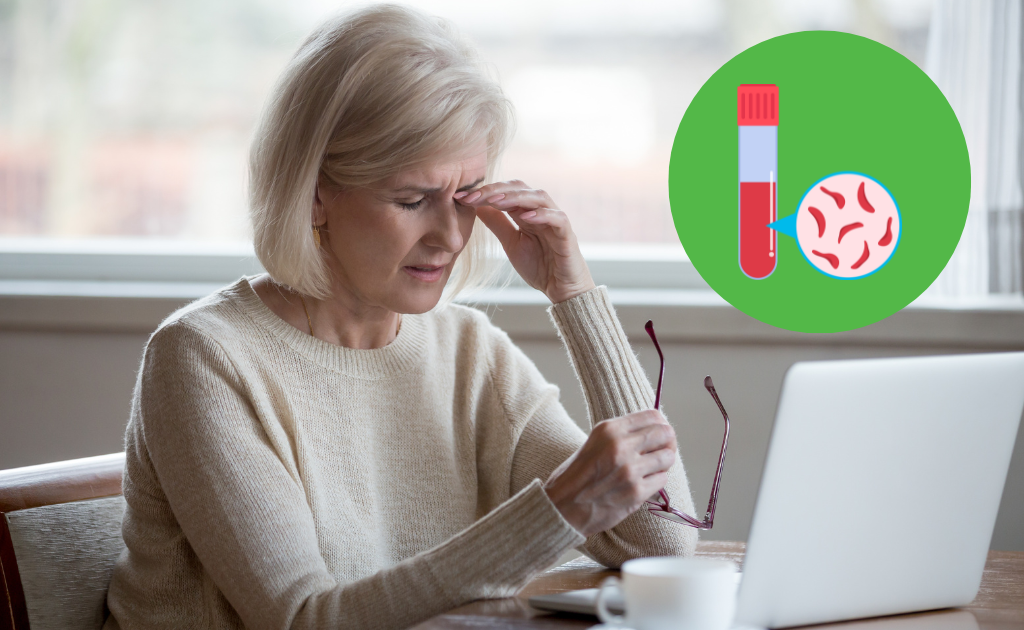
For many people the signs of iron deficiency may be misinterpreted or not noticed initially. However, after more time symptoms may develop and intensify, having a direct impact on quality of life.
Initial symptoms of an iron deficiency may include:
Symptoms of iron deficiency anaemia may additionally include:
Iron deficiency anaemia in infants and children may reduce their appetite and impair neurocognitive development.
Iron is crucial to many of the body’s functions, but most importantly it is required to produce haemoglobin. Haemoglobin is a protein in your red blood cells that is responsible for carrying oxygen.
If you have low enough iron levels, you may develop iron deficiency anaemia. This is where due to iron deficiency your body can no longer produce enough haemoglobin. When there isn’t enough haemoglobin in your red blood cells, your body can’t get the amount of oxygen it needs.
There are a range of causes for iron deficiency anaemia, some of the most common causes are the following:
Low dietary intake of iron: eating too little iron over an extended time or not eating enough iron during times where you need an iron-rich diet e.g., pregnancy, rapid growth during childhood, intense physical training.
Pregnancy: during pregnancy your blood volume increases, and the body needs more iron to support the development of the baby.
Blood loss: if you bleed a lot or frequently you are at risk of becoming iron deficient. This can include heavy menstrual bleeding, frequent nose bleeds, internal bleeding caused by stomach ulcers, etc.
Poor absorption of iron: gut disorders like coeliac disease or gastric surgeries may mean your body isn’t able to absorb nutrients like iron properly.
Increased need for iron: during some life stages your body may require more iron e.g., during rapid growth, pregnancy, or adolescence.
Iron deficiency anaemia can occur in both men and women of any age. However, there are some people who are at a higher risk of iron deficiency anaemia than others:
Testing for low iron can be done via an assessment of your symptoms, diet, medical history and a range of tests. Healthcare professionals may perform a range of tests to assess if you have iron deficiency anaemia. These tests could include red blood cell count, haemoglobin level, iron level, red blood cell size and colour, ferritin level, vitamin b12, and folate.
If your doctor is unsure of the cause or is concerned about internal bleeding, they may ask for you to take a urine test, or to have your digestive tract investigated for blood loss.
At-home self-test kits can be purchased online. We currently stock Ferratin Rapid Test Kits which can be used at home to test your ferritin levels – ferritin is a blood protein that stores iron.
Read more about at-home vitamin test kits here.
How you treat iron deficiency depends on the cause and severity. If your iron deficiency anaemia is related to low levels or a lack of iron in your diet, or problems with your body absorbing iron then the following may be recommended by your healthcare provider:
Dietary changes: eating a variety of iron-rich foods every day can help. Foods that are moderate to high in iron include meat and fish, vegetables, legumes, dried fruits, and grains.
Oral iron supplements: tablet and liquid dietary supplements are available from your pharmacy. Some supplements require a prescription.
Iron injection: iron may be given intravenously for rapid replacement of iron and haemoglobin. It is also an option if oral supplementation is causing adverse side-effects.
